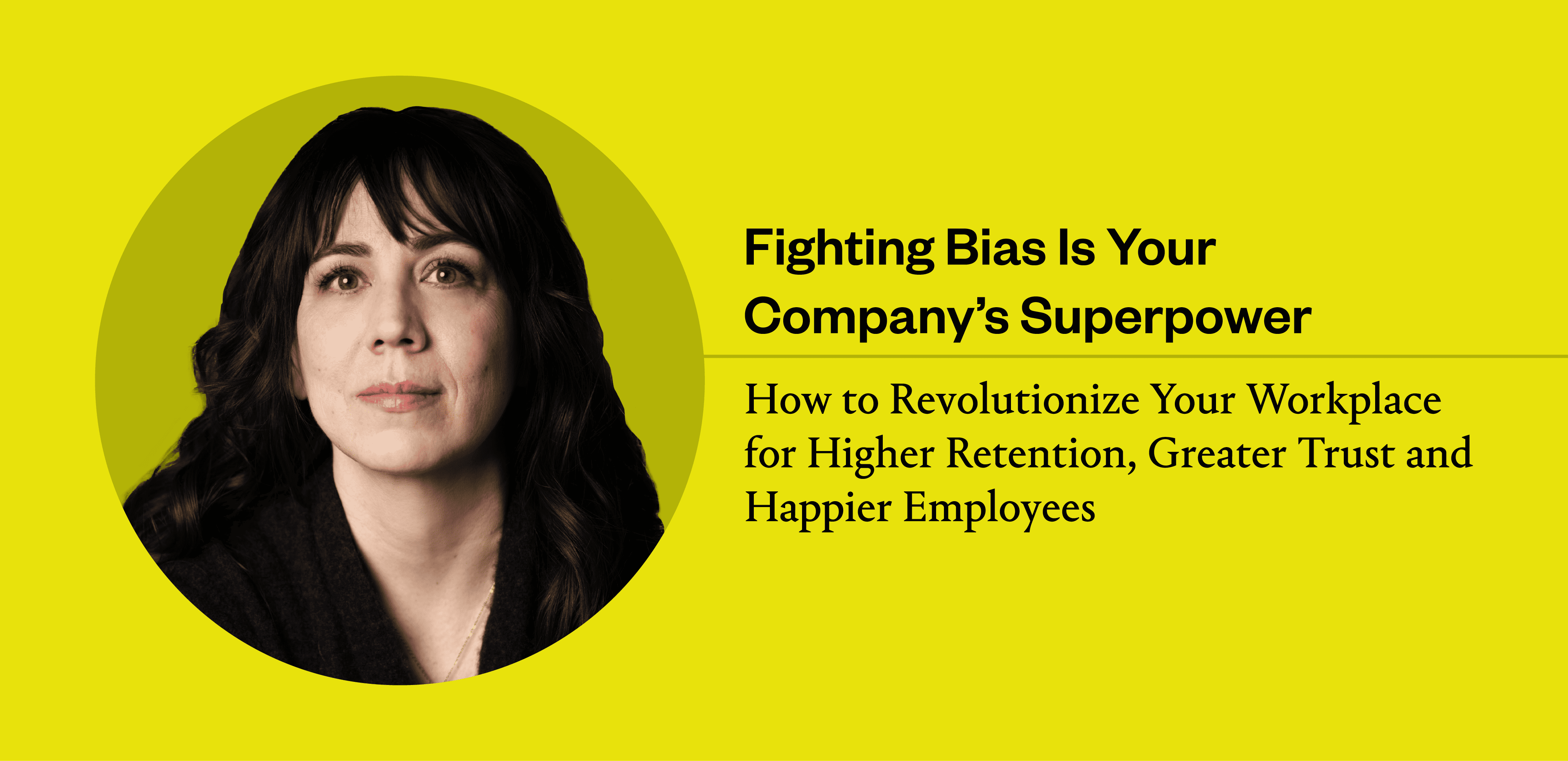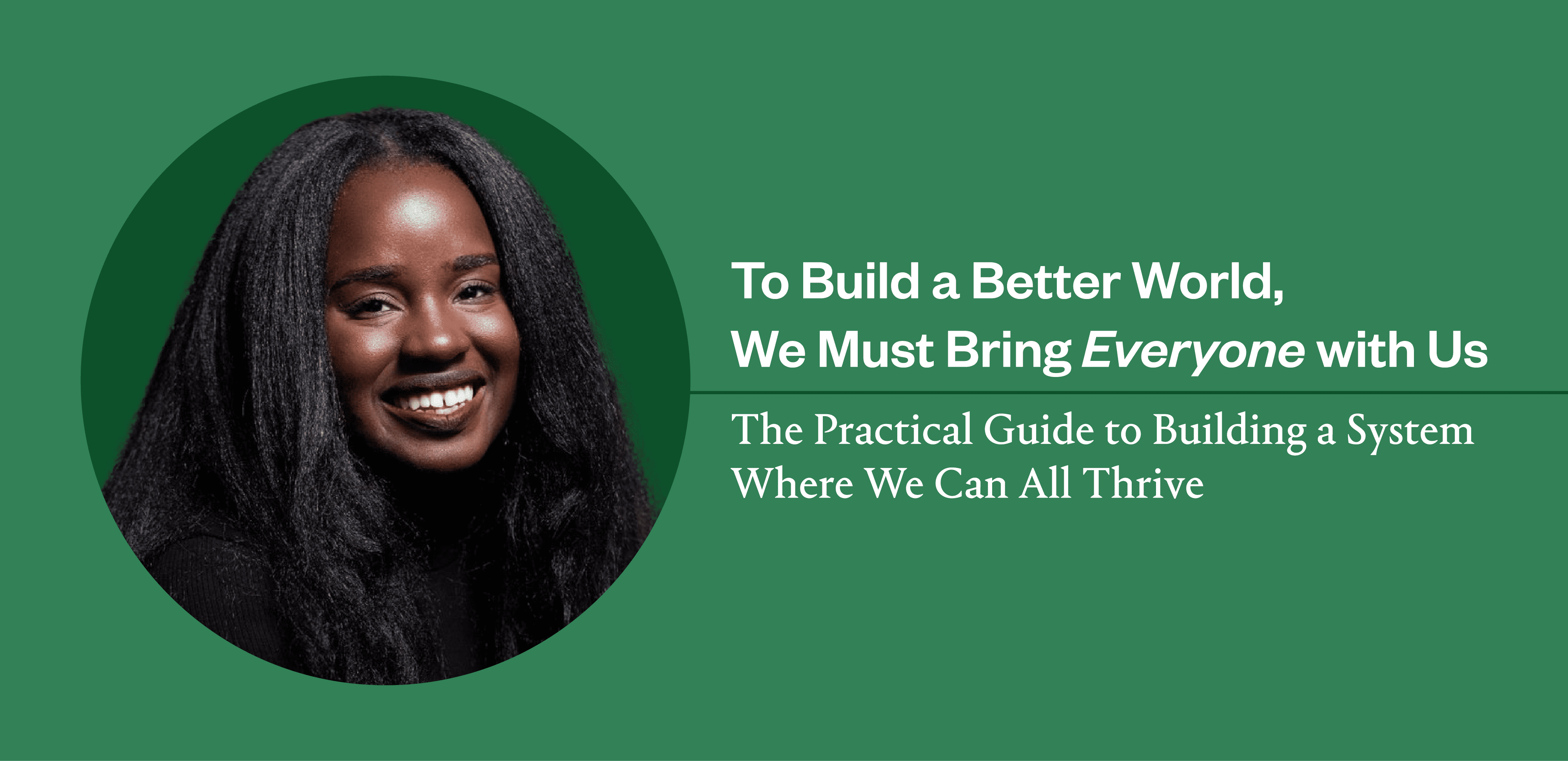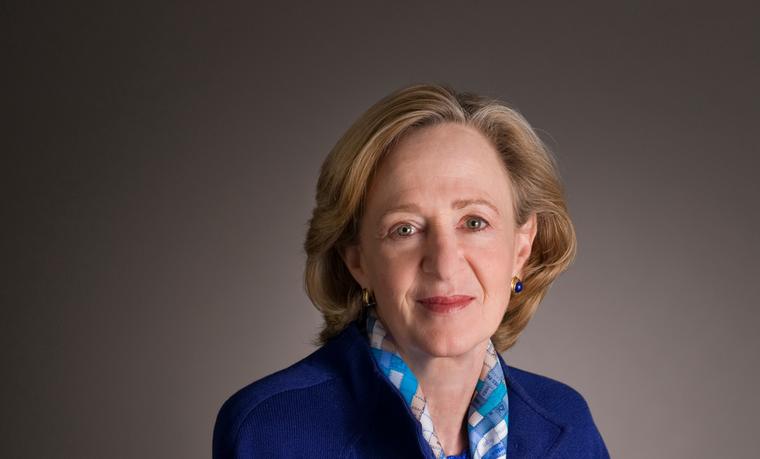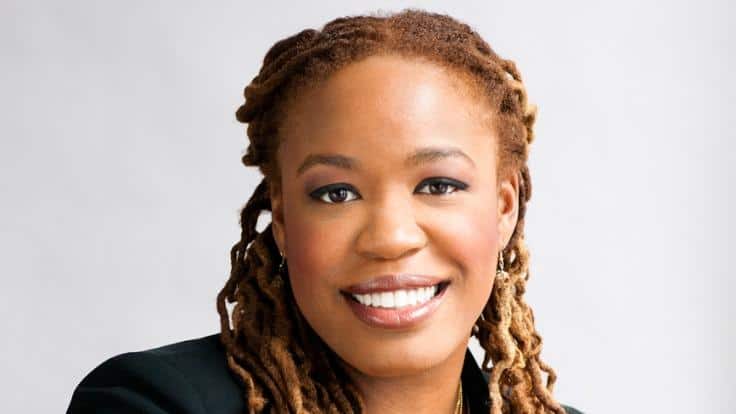Even the most well-intentioned teams and leaders have “unexamined bias,” says Jessica Nordell. It makes us treat others in unfair ways on the basis of gender, race, and more, and it keeps us from unlocking our full potential as an organization. “People behave in discriminatory ways all the time,” Jessica says. “But it’s important to remember that they want to do the right thing.” And when we recognize our bias, we can work on eliminating it—and propel ourselves and our companies to greater heights.
In her talks and workshops, Jessica draws on her decade of research for her book, showing you how to identify and fight bias in your workplace to increase productivity, teamwork, and performance. Among many other things, she discusses:
- Multiple case studies, including a law firm that saw a 70% growth in revenue after reducing gender bias.
- How working against bias creates an environment where employees are more engaged, happier, and have greater trust within their teams—directly improving client relationships.
- Why leadership buy-in is essential for long-term positive change.
A well-respected speaker on diversity, organizational culture, and of course bias, Jessica speaks without blame or shame, focusing on the practical steps you can take today to reduce bias and find success. “If we want to have better employee engagement, less turnover, more dynamic and productive employees,” she says, “then we need to think about this seriously and take steps to combat it.”




